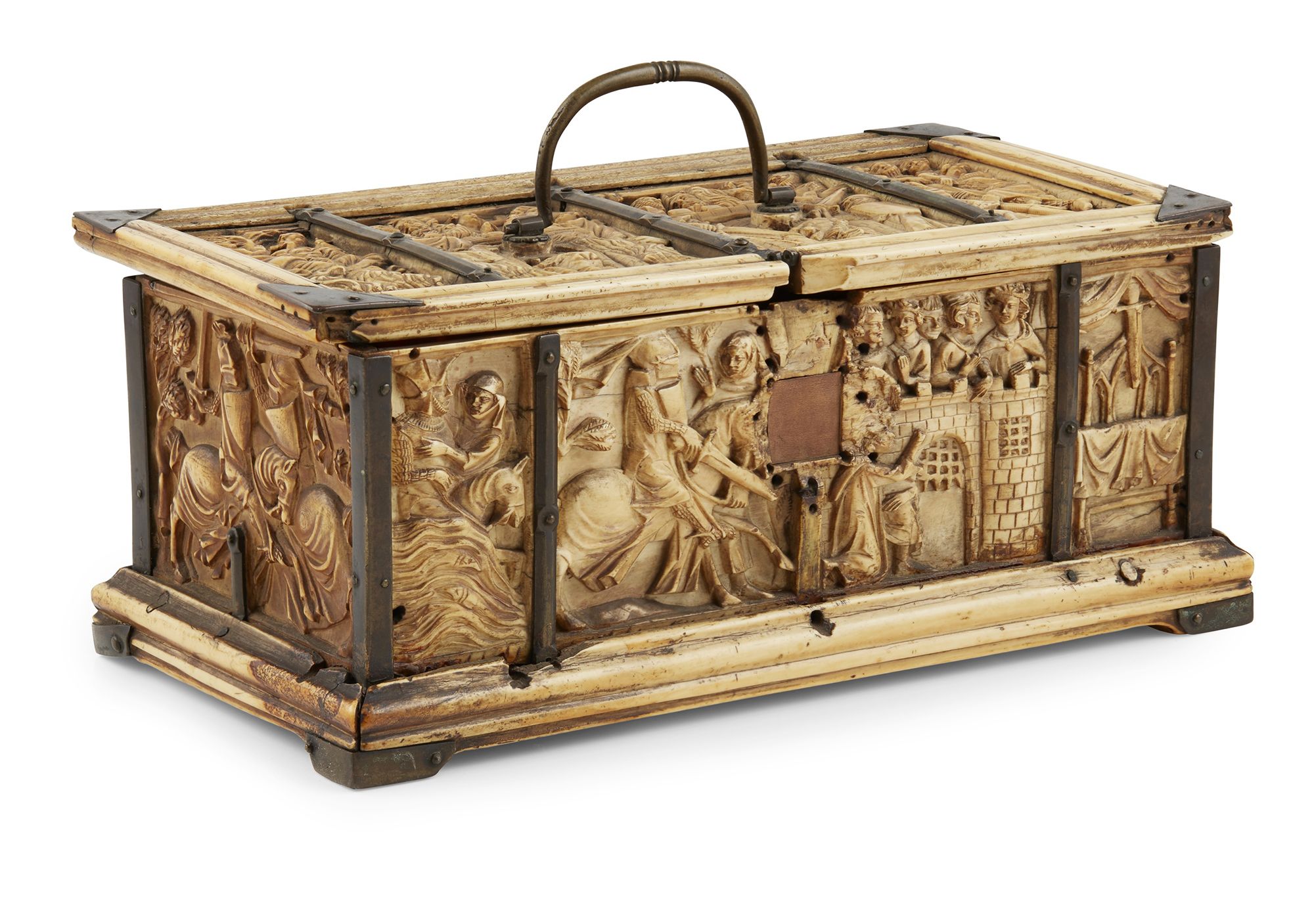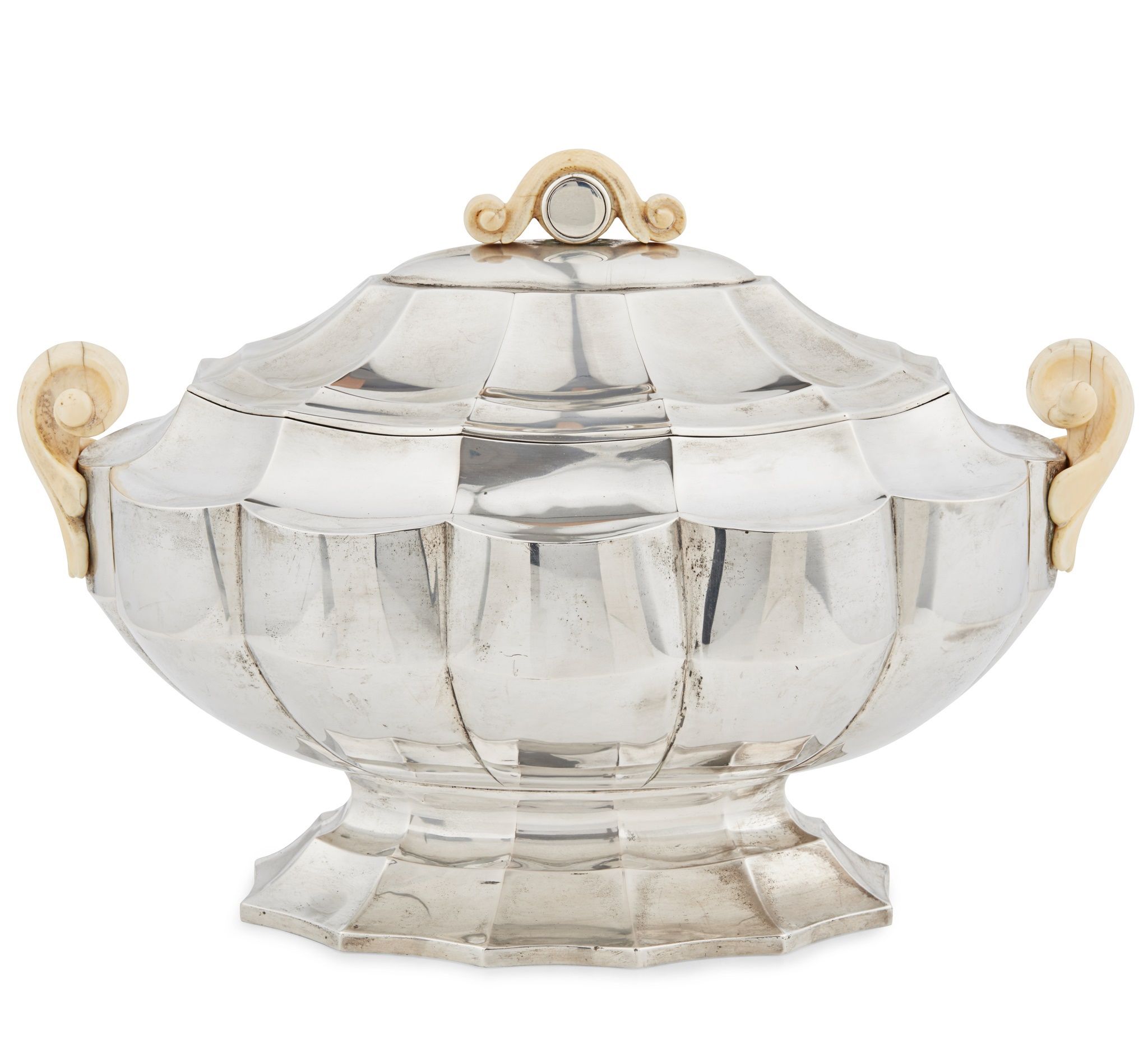The 2018 Ivory Act severely restricts the sale of items made from elephant ivory. After a consultation in May 2023, UK Government ministers decided to tighten the ban to include all ivory-bearing species, with the hope that this will help stop the illegal ivory trade and protect vulnerable species from poaching.
As of 28 January 2025, the UK Ivory Act has been extended to include a ban on trading ivory from hippos, narwhals, killer whales (orcas), and sperm whales, effectively prohibiting the sale of ivory from these species alongside the existing ban on elephant ivory. This means that dealing in ivory from any of these animals is now prohibited in the UK, with only a few very specific exemptions allowed.
Since the introduction of the Ivory Act, it is now not possible to sell items that are either entirely or mostly made of elephant ivory. However, under several strictly controlled exemptions, it is still permitted to sell objects containing ivory from elephants and walrus that meet the strict conditions of these exemptions.
The following three exemptions are relevant to the sale of antique items at auction:
Musical instruments: Made before 1975 and contain less than 20% ivory by volume
Items made before 1947: Contain less than 10% ivory by volume and all the ivory is integral. Items that are considered a set can be covered by a single exemption license if all the objects were produced at the same time with the intention of being kept and used together.
Portrait miniatures: Made before 1918 and have a total surface area of no more than 320 square centimetres.
An exemption certificate can be applied for if an item complies with these rules. Elephant and walrus ivory have distinguishing features which an antiques expert can use to determine their origin. In elephant ivory it would be the presence and angle of ‘Schreger lines’, which are a distinctive pattern of intersecting lines that are visible in cross-section of the ivory when it has been carved or worked. To identify walrus ivory there is a distinct central core that has a marbled appearance, surrounded by a smooth, creamy white layer. The appearance of this core is a key indicator and is unique to walrus ivory, it is not present in other types of ivory such as elephants or other artic marine species.
The most often used by those wishing to sell such items is the standard exemption that an ‘item was made before 3 March 1947 with less than 10% ivory by volume’. If the item does fall into these exemption criteria than a license can be applied for through a Government approved body to allow them to be sold. All applications are applied for with the full details and images of the item(s) and are strictly vetted by APHA CITES.
Items can be registered here
If you have ivory items in your collection, it is not illegal to possess them but it is not permitted to exchange them for any financial reward or to form any part of commercial transactions. A specimen of a species listed under CITES conventions can be given to another person as a gift or unconditional loan using a WLRS02 form, which would confirm that you are the new owner.
If you wish to have advice regarding items that you believe to be made of ivory belonging to yourself, a friend or relative, please contact us and we will be happy to offer advice as to its origin and how these new regulations apply to you.
HARRY FLETCHER
0131 557 8844
harry.fletcher@lyonandturnbull.com
The following species are those that have been added in the 2025 extension to the Ivory Act.
Hippopotamus - Hippopotamus amphibius
Items are carved from the four front tusks of the hippo and are mainly made into ornaments, jewellery and inlaid into other objects. Most antique items of this ivory are either made by indigenous African cultures or produced by colonial settlers within Africa.
Walrus - Odobenus rosmarus
Items are carved from the two long front tusks of the walrus and are mainly made into sculptures, ornaments, jewellery and other small items. Walrus ivory has been valued for thousands of years and features in many cultures. Their natural habitat is in the Arctic circle but almost all cultures in Europe and across to Persian and Mughal India valued its use. The material is used regularly in Inuit/Eskimo cultures, as well as decorative arts from Scandinavia. Arguably the most famous items made from walrus ivory are the Lewis Chessmen, probably manufactured in Norway during the 12th century, which can be seen in the National Museum of Scotland, Edinburgh & The British Museum, London.
Narwhal - Monodon Monoceros
Items are made from either whole or pieces of the long spiralling tusks that grow out of the heads of this species. They are usually kept as whole tusks or mounted into furniture or works of art such as boxes or walking sticks. Narwhal, like walrus, live in the Arctic circle and they also feature regularly in Inuit/Eskimo cultures. When examples of this species’ tusks or ‘horns’ arrived in Europe during the middle ages, they were believed to have come from the mythical unicorn and that they had magical and medicinal qualities. In Scandinavian cultures they feature in the decorative arts, mainly in Denmark as the Narwhal's largest habitat is Greenland. Said to have been made from the horn of unicorns, the Coronation Chair which was formerly used in the coronation of the Danish monarch in the Castle of Rosenborg, Copenhagen is, in reality, made from narwhal tusks.
Sperm Whale - Physeter macrocephalus
Items are made from either whole or parts of the large teeth that run down the lower jaw of the sperm whale. The teeth are usually either kept whole as objects of curiosity or used in European decorative arts as parts or inlay. If the surface has been carved by sailors or whalers, it is then known as ‘scrimshaw’. The largest piece of scrimshaw in the world, a whole engraved sperm whale jaw bone, is on display in the upper galleries of the main hall of the National Museum of Scotland, Edinburgh.
Killer Whale - Orcinus orca
These teeth look similar to sperm whale teeth but smaller. Items made from killer whale parts are very rare and would likely only appear in scrimshaw art of sailors or whalers in a similar fashion to sperm whale teeth.


